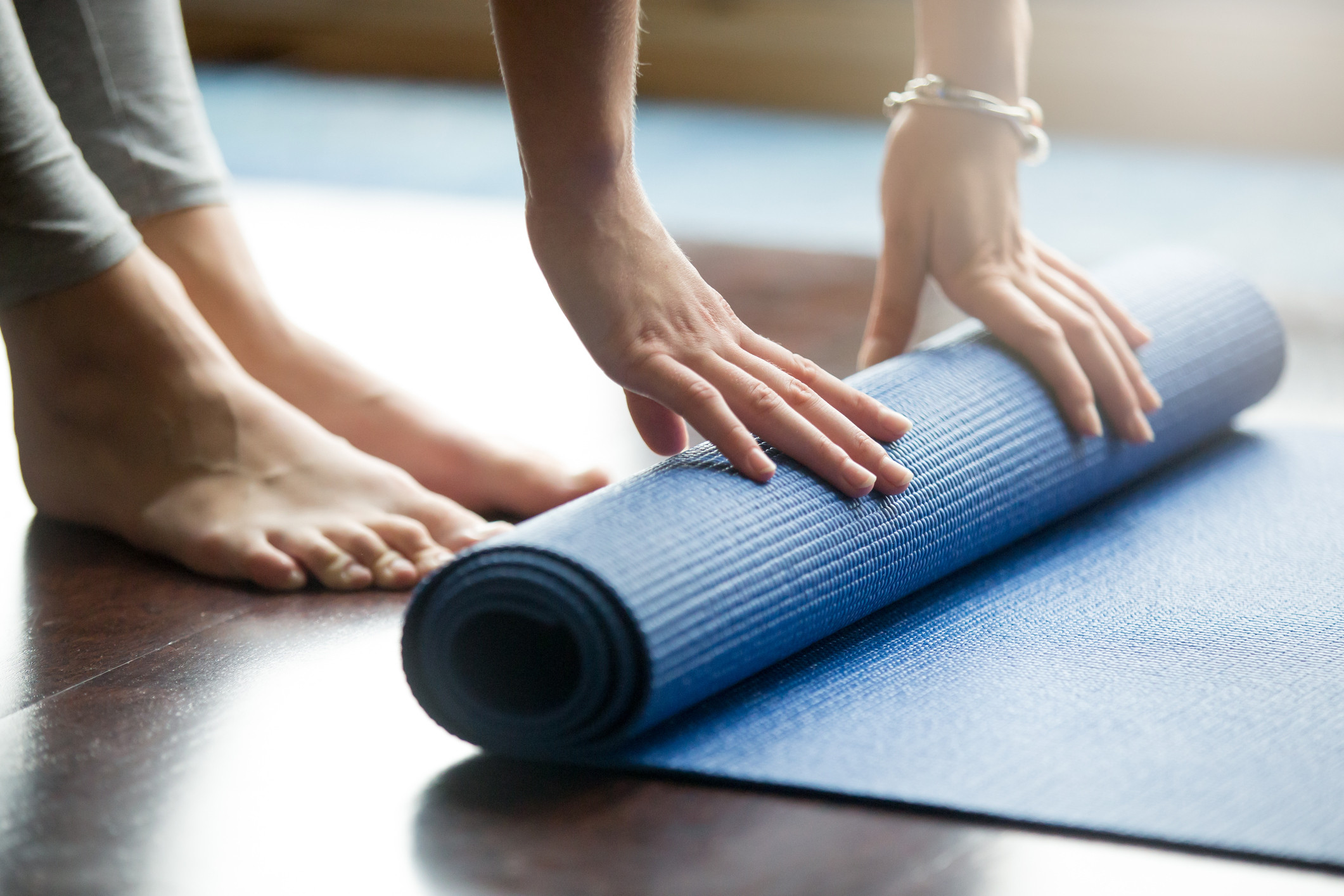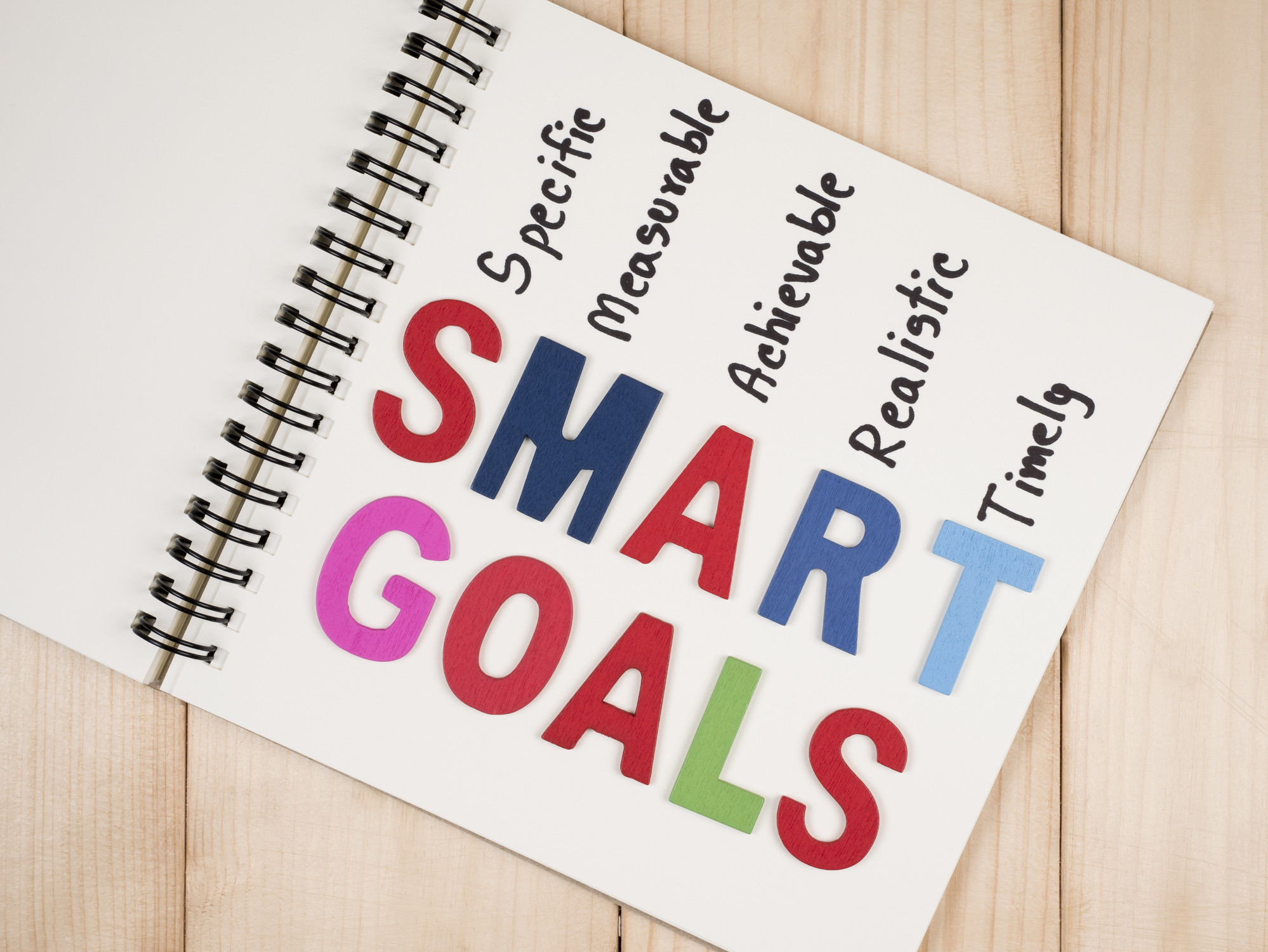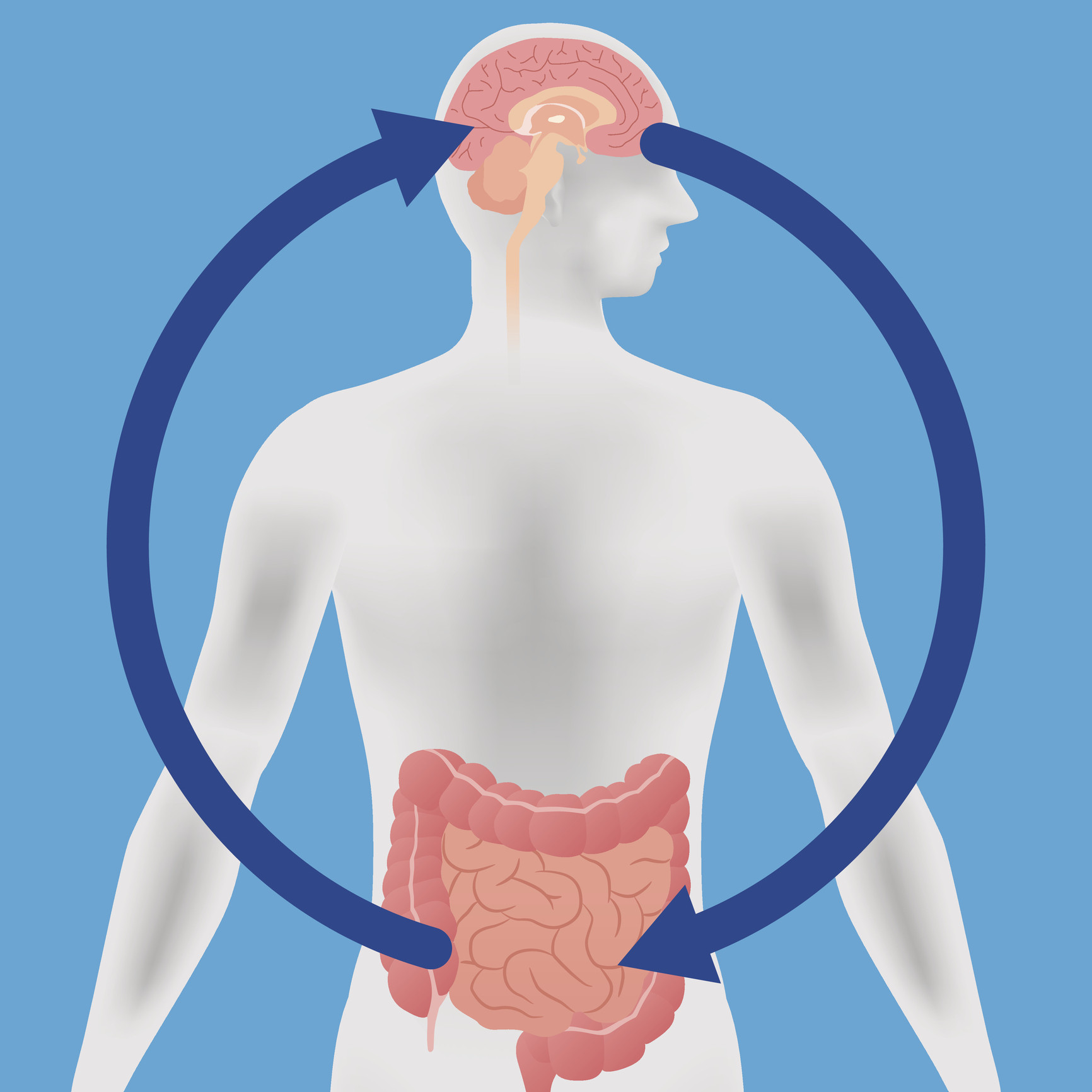
Wildfires: How to cope when smoke affects air quality and health

What can magnesium do for you and how much do you need?

Dry socket: Preventing and treating a painful condition that can occur after tooth extraction

What happens during sleep �� and how to improve it

How is metastatic prostate cancer detected and treated in men over 70?

Could biofeedback help your migraines?

What is autism spectrum disorder?

Plantar warts: Options for treating this common foot condition

Cancer survivorship: What comes next after treatment

Nutritional yeast: Does this savory, vegan seasoning pack a nutritional punch?
Mental Health Archive
Articles
How you deal with pain goes a long way toward relieving it
When you live with physical pain, changing your reaction to it can help you better manage discomfort and obstacles.
��Image: © filipefrazao/Thinkstock
Dealing with chronic physical pain, no matter the source or severity, is a constant challenge, but sometimes the emotional pain that comes with it can be just as trying. In fact, more than half of people with pain feel they have lost control of their lives, according to the American Academy of Pain Medicine.
"In general, men tend to be less verbal about seeking help with their physical pain," says Dr. Ellen Slawsby, director of pain management at the Benson-Henry Institute for Mind Body Medicine at Harvard's Massachusetts General Hospital.
To the point: Here’s what parents should know and do about Netflix’s To the Bone
A Netflix original movie about a young woman’s struggle with anorexia nervosa is raising questions among parents about whether the movie might glamorize the disorder, and how best to talk to children about this topic.
Midlife depression probably not a risk factor for dementia
In the journals
A study published online May 17, 2017, by JAMA Psychiatry found that while depression symptoms later in life were associated with dementia, having symptoms in midlife was not. The findings indicate that depression may not be a risk factor for dementia as previously thought, according to the researchers. In the study, about 10,000 people (two-thirds of them men), ages 35 to 55, were recruited and followed for 28 years. Those who reported chronic or recurring depression symptoms at the study's beginning did not show a significant increased risk of developing dementia by the study's end. However, those who reported depression symptoms within the final 11 years of the study were twice as likely to be diagnosed with dementia.
The researchers said that if depression symptoms were a true risk factor for dementia, there would be an association with people who had symptoms earlier in life and not just later. They concluded that depression later in life instead might be an early sign of dementia.
Exercise today, look better tomorrow (really)
A small study supports the idea that exercising improves body image, whether or not the activity leads to any visible change in appearance. This suggests that additional research examining different types of exercise, and the long-term psychological effects of physical activity would be valuable.
4 tricks to rev up your memory
Stay ahead of age-related changes in thinking skills by making the most of your brain's memory process.
We all have moments of forgetfulness about where we put the keys, why we walked into a room, or what an object is called. Most likely, this reflects age-related changes in thinking skills. "In terms of brain function, everyone has a decline over time in all areas, with the exception of vocabulary," says Dr. Joel Salinas, a neurologist specializing in behavioral neurology and neuropsychiatry at Harvard-affiliated Massachusetts General Hospital.
How memory works
Memory involves three processes: encoding, recording, and retrieval. The brain receives and encodes (takes in) new information; the brain then records (stores) the information; finally, the brain retrieves information when you need it.
Exercise and better thinking skills: More evidence for a possible link
News briefs
��Image: © Horsche/Thinkstock
A review of research published online April 24, 2017, by the British Journal of Sports Medicine suggests that physical exercise may help improve thinking skills in adults ages 50 or older, regardless of their mental performance when they started exercising. Researchers combed through 39 randomized controlled trials that looked at this age group. Most of the studies involved people who did aerobic exercise (the kind that gets your heart and lungs pumping, like brisk walking), resistance training (the kind that works your muscles and bones, like weight lifting), or a combination of aerobics and resistance training. A handful of the studies involved people who did yoga or tai chi. In all of the studies, participants took tests that measured various aspects of thinking skills �� such as attention, working memory, and the ability to plan, organize, and manage time. All exercise types but yoga appeared to have benefits for the brain. The authors say the exercise regimen with the biggest brain boost was a combination of both aerobic and resistance-type training, of at least moderate intensity, for at least 45 minutes per session on as many days of the week as possible. The takeaway? Start exercising, and incorporate resistance training into your weekly routine.

Wildfires: How to cope when smoke affects air quality and health

What can magnesium do for you and how much do you need?

Dry socket: Preventing and treating a painful condition that can occur after tooth extraction

What happens during sleep �� and how to improve it

How is metastatic prostate cancer detected and treated in men over 70?

Could biofeedback help your migraines?

What is autism spectrum disorder?

Plantar warts: Options for treating this common foot condition

Cancer survivorship: What comes next after treatment

Nutritional yeast: Does this savory, vegan seasoning pack a nutritional punch?
Free Healthbeat Signup
Get the latest in health news delivered to your inbox!
Sign Up











